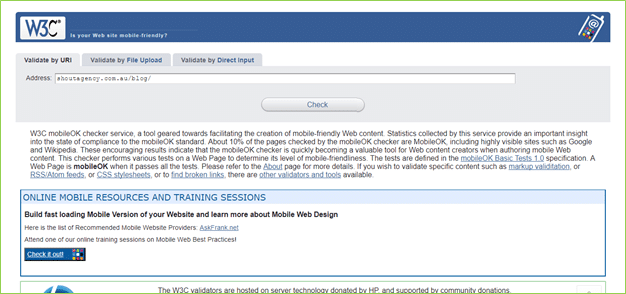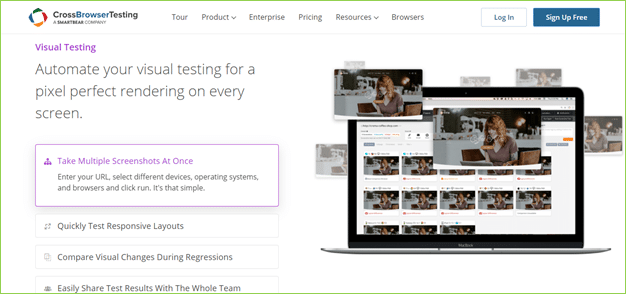Overview
The desktop era is over. Welcome digital marketers to the age of mobile devices.
More than 57% of traffic now comes from smartphones and tablets. It is time to make sure your website works for mobile traffic.
This is significant for website owners who want to generate more leads from mobile users. That is because desktop and mobile websites work very differently.
Mobile customers often look at websites on the go to find a specific product or service. Desktop users search for information because they are not ready to buy in most cases.
Understand how users work with specific devices, so you can help them.
Below we go through the benefits and strategies for getting a mobile-optimized site.
4 Reasons why you need a mobile website
1. Mobile First Index
Google plans to use a mobile first index at the beginning of 2018. Currently, Google will index mobile sites before checking the desktop version.
The challenge is that we do not have a full vision for how this new mobile-first index works. That is because Google has not provided a full plan or outline for what this index looks like to websites.
The best way to prepare is to optimise pages for speed and usability to improve their search traffic.
Test whether your site is mobile friendly with Google’s Mobile Friendly test.

2. Responsive Website
Improve your site’s searchability with a responsive design.
A quality responsive website fits whatever browser or screen the user has, so you can increase the engagement with users on all devices. A site shrinks more for a smartphone than a tablet, and you still have a full website for your desktop.
With so many difference screen sizes, it is impossible for a small business to create a website for every specific size. Responsive design solves the problem that traditional websites have.
On a traditional website, you must scroll through the site to see all the information on the screen. If you want to see information on a mobile site you must scroll left or right as well as up and down to find the right information. It becomes annoying, and was one of the reasons why responsive websites became popular.
3. Website Speed
While speeds on mobile devices can be fast, it is amazing how often websites don’t stay up to date with best practices.
If your website does not have a fast enough speed, you will lose traffic from Google. Using tools like Google Accelerate Mobile Pages help your website load faster on mobile devices.

4. Mobile Navigation
If your menu is too complicated on a desktop, your visitors will struggle even more on a mobile device.
Keep the navigation simple and clear, since a lot of the menu is a drop-down menu on a mobile site. Furthermore, users do not want to spend too much time on a mobile website. That, in turn, is what decreases your search traffic.
If you want to make sure your website is staying usable, then here are a few mobile usability tools to make sure your website works.
W3C mobile OK Checker– An alternative mobile-friendly tool besides for Google’s. Sometimes it is best to see how two different tools check the quality of a mobile site.
This mobile site checker help improve the standards from the W3C. They are a leading global website consortium that sets website standards for developers.

CrossBrowserTesting– Use this tool to check your website on over 1500 mobile, tablet, and desktop browsers. This tool gives you a visual impression that your customer would see when they come to your site. Use it to determine what you would do when you came to the site. Would you leave? Would you convert? Why?

Final Thoughts
The question after reading this article may not be is your website optimised for mobile searches. Instead, does your website have the necessary updates for visitors to view your platform on a mobile browser.
Additionally, the more visitors appreciate your mobile site the more you can improve your search engine traffic. Go through the strategies we discussed in this article to ensure your is mobile ready.
If you need more help with setting up a mobile site then please reach out to our web development agency in Melbourne for a free consultation.
